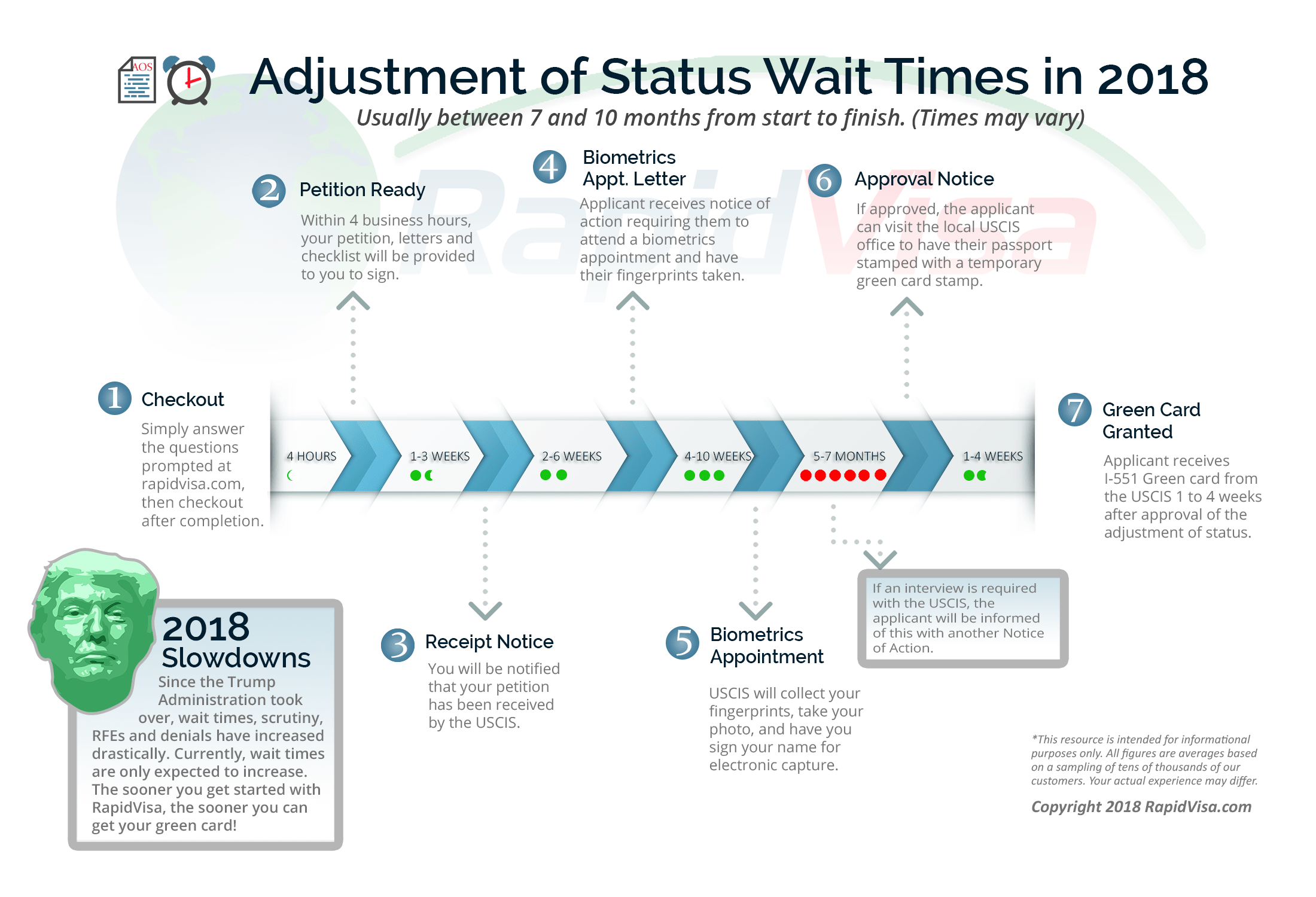
Doing this violates federal laws that prohibit discrimination in the verification process.A Canada visa photograph is a small photo or set of photos of the applicant attached to the visa application.

Employers may not require an employee to present a specific document. Avoiding DiscriminationĮmployees have the right to present any acceptable document to complete their Form I-9, as long as the document(s) appear to be genuine and relate to the employee. If the case results in a TNC, the employer must provide the employee an opportunity to take action to resolve the TNC. The case will either receive an Employment Authorized result or a Tentative Nonconfirmation (TNC).

If the employer indicates that the photo displayed on the E-Verify screen does not match the photo on the employee’s document, E-Verify prompts the employer to attach and submit copies of the front and back of the employee’s document electronically.

passport, copy the Passport ID page and the Passport Barcode page) and retain the copies with the employee’s Form I-9. passport or passport card as the verification document, employers must copy the front and back of the document (or in the case of a U.S. If an employee presents a Permanent Resident Card, Employment Authorization Document or U.S. Reminder: The employer should compare the photo displayed in E-Verify with the photo on the employee’s document, not with the actual employee. Other documents with photos (such as a driver’s license) will not activate photo matching.

Employers have the option to select No photo displayed when E-Verify either displays no photo or it displays an image of something other than a photo of a person, such as an image of a document or piece of a document. If there is no photo on the document, E-Verify may automatically skip photo matching.


 0 kommentar(er)
0 kommentar(er)
